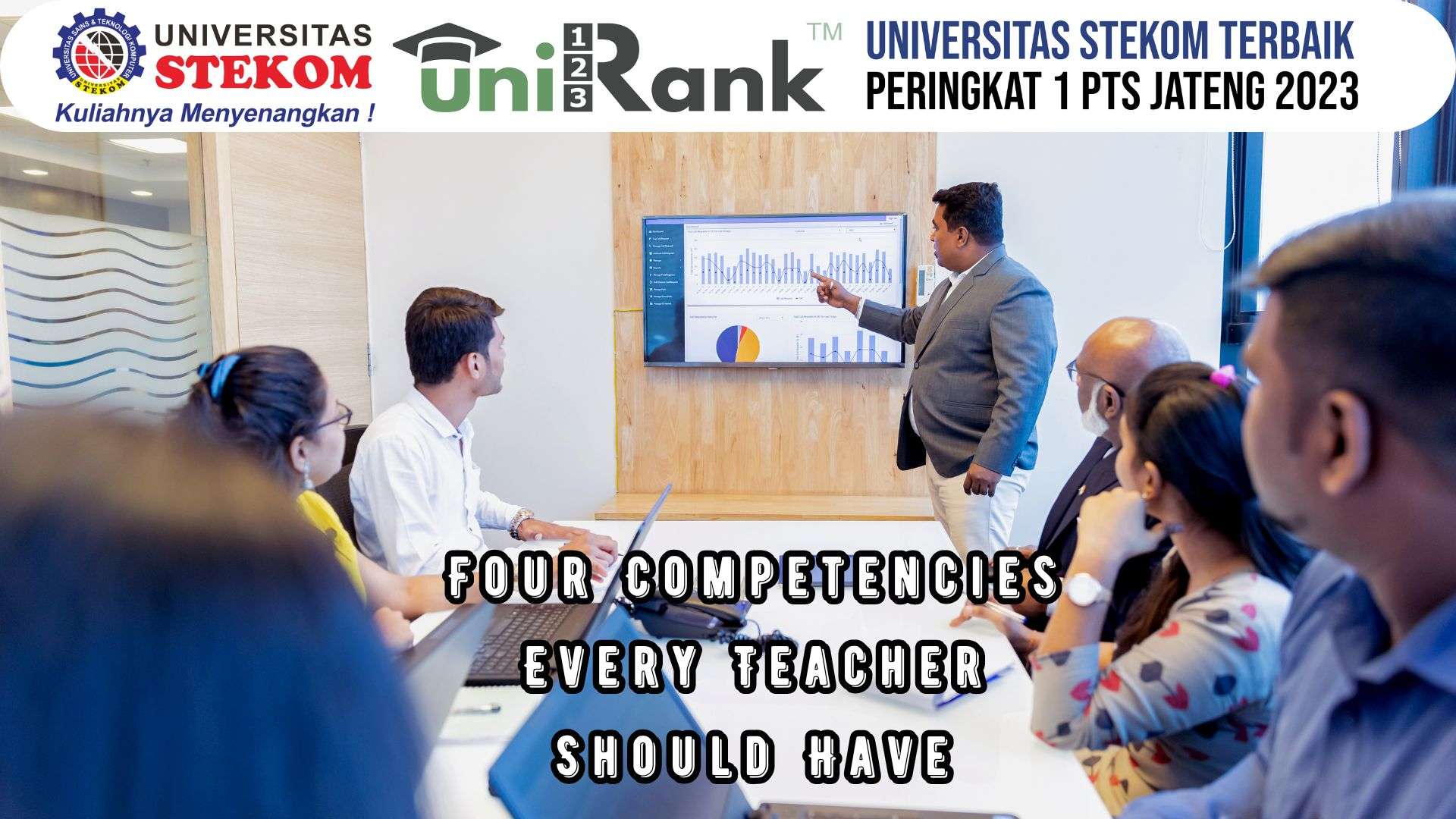
In accordance with Law Number 14 of 2005 concerning Teachers and Lecturers, a teacher's competencies are multifaceted, encompassing pedagogical, personality, social, and professional competence.
Four Competencies Every Teacher Should Have
These competencies are vital and collectively contribute to effective teaching and learning.
Professional Competence
Professional competence is a teacher's ability to manage the teaching and learning process. Classroom management, mastery of the subject matter, teaching strategies, and teaching media support the ability to drive learning. These skills are technical and directly relate to a teacher's performance. Some indicators of Professional Competence for teachers include Mastery of the subject matter taught, structure, concepts, and knowledge framework. Mastery of the subject's Competency Standards (SK), Basic Competencies (KD), and learning objectives.
The ability to creatively develop teaching materials to provide students with broader and more profound knowledge. The ability to act reflectively to develop professionalism continuously. The ability to use Information and Communication Technology (ICT) in teaching and self-development.
As a result, teachers can guide all their students to achieve the competency standards set in the National Education Standards.
Pedagogical Competence
Pedagogical competence is understanding students, designing and implementing teaching and learning, evaluating learning outcomes, and developing students to realize their potential. Sub-competencies within Pedagogical Competence include:
In-depth understanding of students, including understanding students through cognitive development principles, personality principles, and identifying students' prior knowledge.
.Designing learning, including understanding educational foundations, applying learning and teaching theories, determining teaching strategies based on student characteristics, competencies to be achieved, and teaching materials, and developing learning plans based on selected designs.
Implementation of learning, including arranging the learning environment and conducting conducive learning.
Social Competence
Social competence relates to communication skills, general behavior, and interaction with students, fellow teachers, education staff, parents, or the broader community.
Personality Competence
Personality competence is the ability to reflect a strong, stable, mature, wise, and dignified personality. Teachers should serve as role models for students and exhibit noble moral qualities.
CONCLUSION
Professional competence encompasses a teacher's technical proficiency in managing the teaching-learning process. This includes skills such as classroom management, subject mastery, effective teaching strategies, and the adept use of teaching resources. It is through professional competence that teachers guide students to achieve national education standards.
 English EN
English EN  Indonesia ID
Indonesia ID
